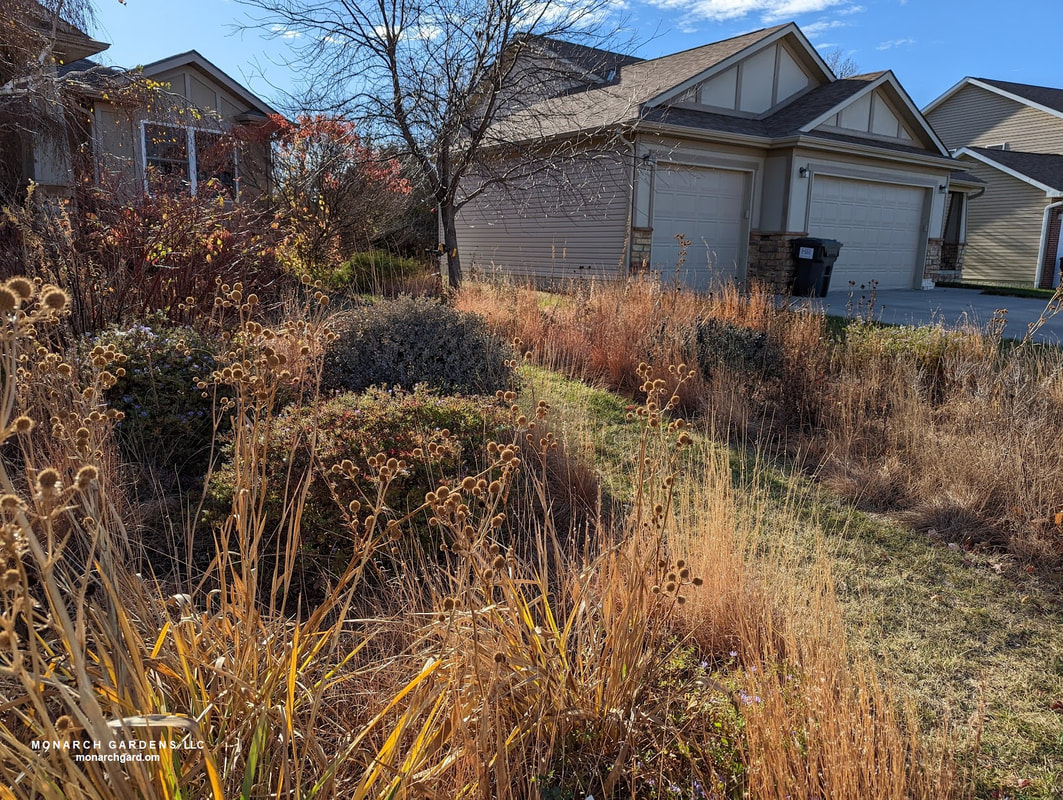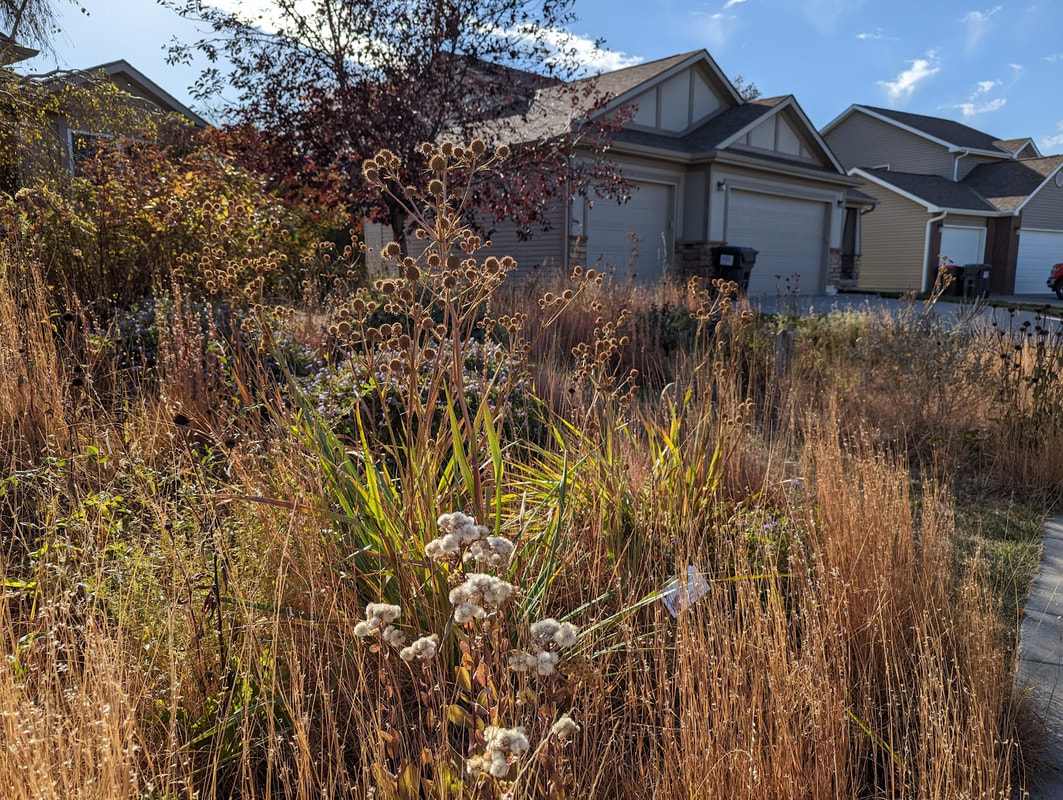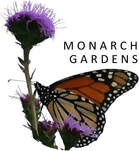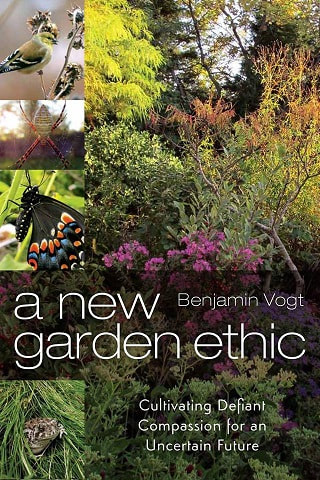This might get to be a long post, because the conversation isn't just about academic semantics. A recent thread on Twitter explored how the term "rewilding" echoes a lot of violent and privileged colonialism -- this idea that it takes people (often white) with privilege (money) to create an ideal landscape. You see this a lot with naturalistic garden design today, which is still embedded in a tradition of privilege. Even I struggle with helping folks get an echo of what they see in books and magazines -- least of which is learning a whole new way to garden with nature and not against it. But gardens are still, in so many ways, unnatural. And they always will be.
For me what we're doing is not rewildling. I know that the gardens my firm creates will never be as dynamic or rich or stable or beneficial as the prairie we eradicated not that long ago. There's just no way. The best we an hope for is an evocative echo that provides some key resources for more mobile species finding an island of refuge -- weather that refuge is among a sea of lawn or a sea of corn. The goal of our gardens is to wake us up in a time of mass extinction, to reconnect us to the world and other species, and to heal our bodies and minds (because that's what plants do, literally and figuratively). We need to experience more nature where we live and work -- that's in the urban environment for 80% of us.
Native plant gardens are not really about restoring ecological function in the ways a prairie restoration is -- there's an issue of scale here. Plus, urban gardens have to be more concerned with a balance of ecology and aesthetics. These are GARDENS after all, highly managed and curated spaces. So is a prairie restoration, alas.
So no, our gardens are not rewilding -- they are reconciliation ecology, the definition if which is: "the science of inventing, establishing and maintaining new habitats to conserve species diversity in places where people live, work, and play." That was coined by Michael J. Rosenzweig, and for our purposes here we can say that reconciliation ecology is about mending the rift between humans and other species through intentional design and management choices in the places we live. That intention includes using native plants, using local plant communities in designs that mimic wilder plant communities, reducing or erasing the use of synthetic fertilizer and pesticides and herbicides and even watering, and observing nature as it comes with an eye toward letting said nature guide the evolution of a site.




 RSS Feed
RSS Feed

